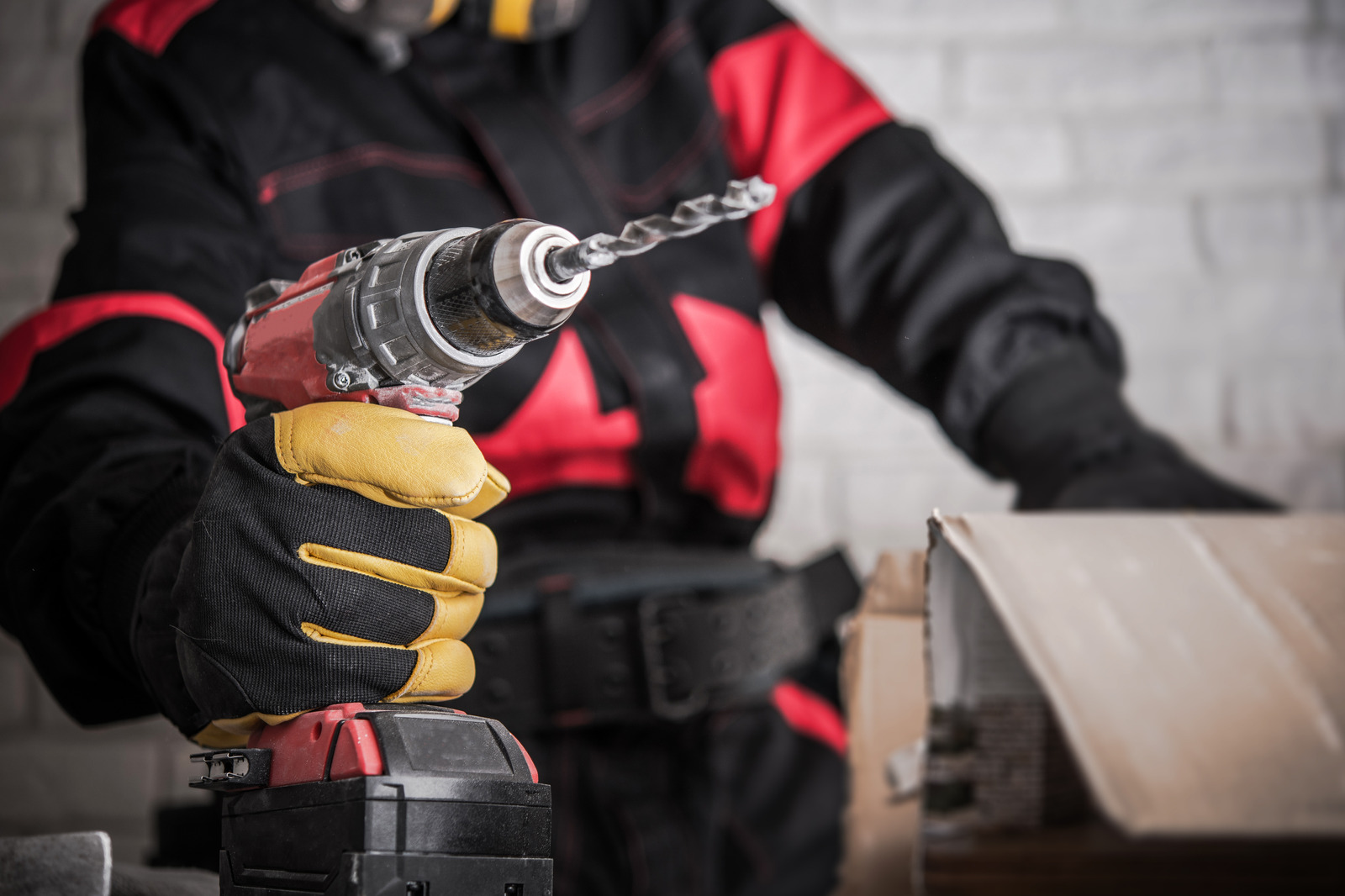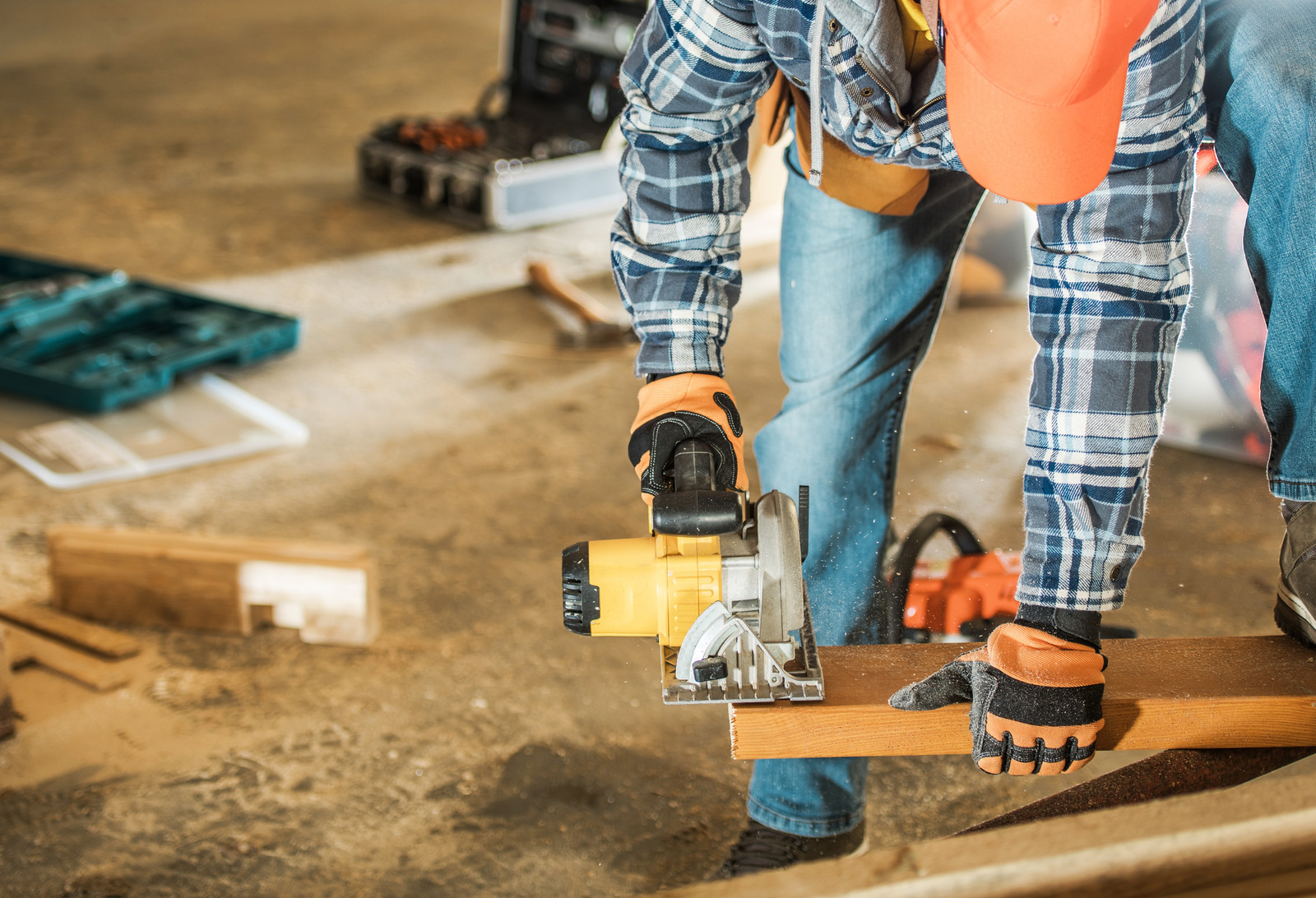Training in the safe operation of power tools
2815
Registered participants
- Training tailored to client's needs
- Training at the client's location
- Open training at our location - if you have few employees, join us!
Training in the safe operation of power tools
 Power tools are an essential element for workers in the construction, electrical, or workshop industry. To use them correctly and safely, we have prepared a course on the safe operation of power tools. Our specialists will cover the following topics:
Power tools are an essential element for workers in the construction, electrical, or workshop industry. To use them correctly and safely, we have prepared a course on the safe operation of power tools. Our specialists will cover the following topics:
- Types and classes of tools,
- Adhering to safety rules when using power tools,
- Precautions to take during operation,
- How to prepare for work with the device.
POWER TOOLS - A BRIEF DESCRIPTION
Power tools are devices powered by electric or magnetic motors used for mechanical work such as joining elements, processing, and preparation for use. These devices should generally be lightweight, ergonomic, easy to grip, and suitable for frequent transport.TYPES OF POWER TOOLS
The most commonly used power tools in technical industries and household tasks include:- Drills,
- Screwdrivers,
- Cutting shears,
- Saws,
- Cutting machines,
- Thread cutters,
- Polishers,
- Planers.
CLASSES OF POWER TOOLS
 These devices are divided into three classes, providing information about the primary danger when using power tools - electrical shock. In addition to the information provided in the instructions, it is necessary to remember the following classifications:
These devices are divided into three classes, providing information about the primary danger when using power tools - electrical shock. In addition to the information provided in the instructions, it is necessary to remember the following classifications:
- Class I - this classification is for devices with full basic insulation along with grounding,
- Class II - assigned to devices with double or reinforced insulation, without grounding options,
- Class III - suitable for devices powered by safe voltage not exceeding 50V and 29V.
PROTECTIVE WORK CLOTHING
When preparing to work with power tools, it is necessary to equip yourself with appropriate protective clothing, depending on the specific tools. This includes, among others:- Full shoes with non-slip soles,
- Protective helmet with a current validity date,
- Anti-vibration gloves (for handling impact hammers),
- Protective goggles (e.g., when working with dust),
- Dust mask,
- Hearing protection.
INSTRUCTION FOR CORRECT USE
When starting work with power tools, employees should undergo job-specific training and familiarize themselves with the safe use of tools:- Tools must meet the minimum protection against external factors of IP44,
- The power cord and extension cord must have proper insulation,
- During work, hold the power tool by the handle,
- In areas with explosive atmospheres or flammable gases, only tools designed for such conditions should be used,
- Power tools should not be used during rain,
- Do not hold the machine on your forearms or knees,
- When changing the equipment in the power tool, do not leave the key in the holding clamp,
- After turning off the device, the working parts are heated to a high temperature, touching them can cause burns,
- Before putting the device away, make sure it is turned off.
WHERE DO WE TRAIN?
We conduct training at our center in Warsaw. Additionally, we offer the option of on-site training at the client's location.CONDITIONS FOR TRAINEES
Before starting training, trainees should:- Be of legal age,
- Have basic education,
- Have current medical and height examinations.
'ERGON' COURSES
- TDT authorizations,
- UNO – use, hazards, and TDT authorizations,
- Conservator of UDT devices,
- Conservator of bucket lifts,
- Mast mobile platform operator,
- Moving platform operator,
- Suspended platform operator,
- Bucket lift operator,
- Telescopic forklift operator,
- Goods hoist operator,
- Crane operator,
- Handling and maintenance of discharge and loading devices,
- HDS crane operator,
- Mobile scissor lift operator,
- Moving platform operator,
- UDT/TDT/WDT authorizations,
- Pressure equipment operation,
- UDT training,
- Maintenance of Close Transport Devices,
- Conservator of devices for disabled people,
- Construction machinery operator,
- Forklift operator,
- Moving platform operator,
- Flange connection assembler,
- Forklifts – acquire qualifications as an operator.
Questions and Answers
Where are the training sessions conducted?
We offer training both on-site in Warsaw and the option to provide training at the client's location.
What should one equip themselves with before working with power tools?
It is advisable to have basic protective clothing, including non-slip shoes, a protective helmet, anti-vibration gloves, masks, ear protection, and safety glasses.
